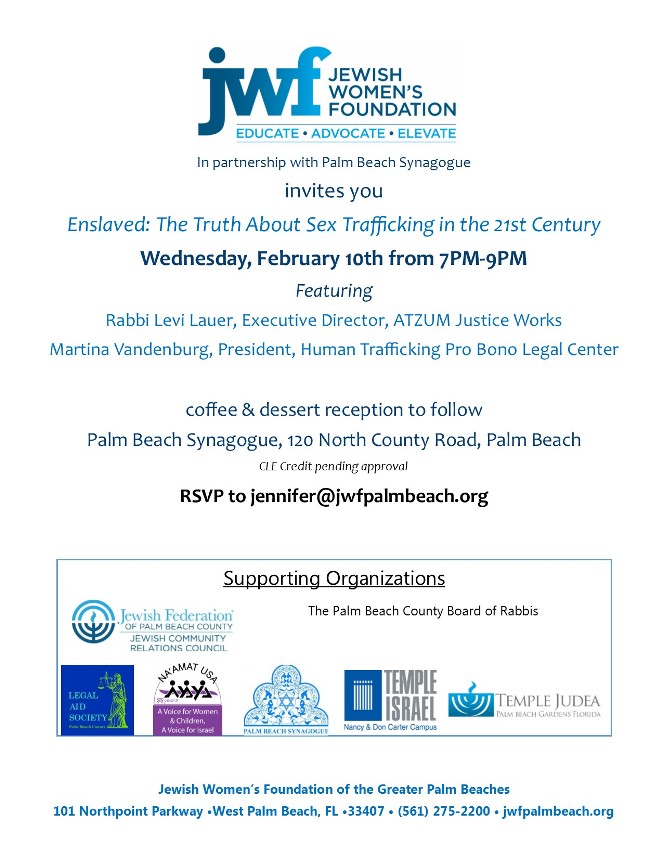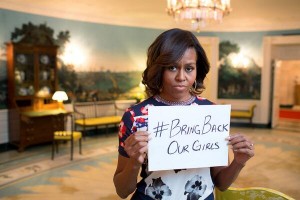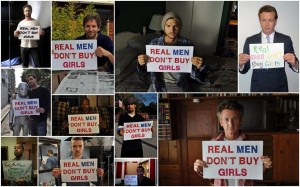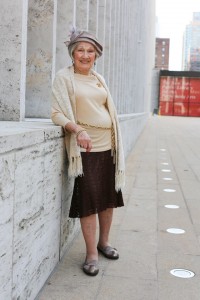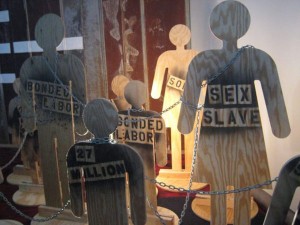Here in Israel elections are coming up and everyone has an important decision to make about which party to vote for. If you care about advancing women’s rights, then join ATZUM’s Task Force and The Association of Rape Crisis Centers in Israel on Sunday, February 15th to hear what the parties have to say about these important issues.
Singer songwriter Shimrit Greilsammer will kick the event off with music from her new album. The concert will be followed by a panel discussion with candidates from across the political spectrum.
Panelists include:
MK Shuli Moalem-Refaeli HaBayit HaYehudi
MK Yifat Kariv Yesh Atid
MK Orly Levi-Abekasis Yisrael Beitenu
MK Michal Rozin Meretz
Dr. Anat Berko Likud
Revital Swid Zionist Camp
Rachel Azaria Kulano
Aida Touma-Sliman The Joint List
Ruth Colian B’Zhutan
When: Sunday, February 15th 19:00 – 21:30
Where: HaTachana HaRishona – David Remez 4, Jerusalem
For more details see our event on Facebook:
https://www.facebook.com/events/389298404581450/?ref_newsfeed_story_type=regular
* We hope to see you all there!




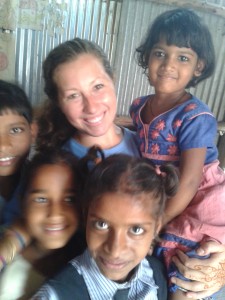
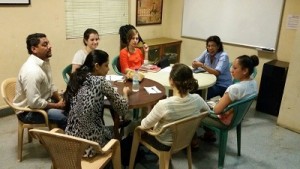 The sessions allowed my fellow volunteers and me to connect on a deeper level. As my new friends piped up around me, engaging and offering insightful thoughts, I felt a new appreciation for each of them. After spending so much time living, planning, and joking with one another, we were suddenly relating in a new way. Bouncing off one idea to another, we were able to appreciate each other intellectually, which for me added a meaningful layer to our cohort.
The sessions allowed my fellow volunteers and me to connect on a deeper level. As my new friends piped up around me, engaging and offering insightful thoughts, I felt a new appreciation for each of them. After spending so much time living, planning, and joking with one another, we were suddenly relating in a new way. Bouncing off one idea to another, we were able to appreciate each other intellectually, which for me added a meaningful layer to our cohort.